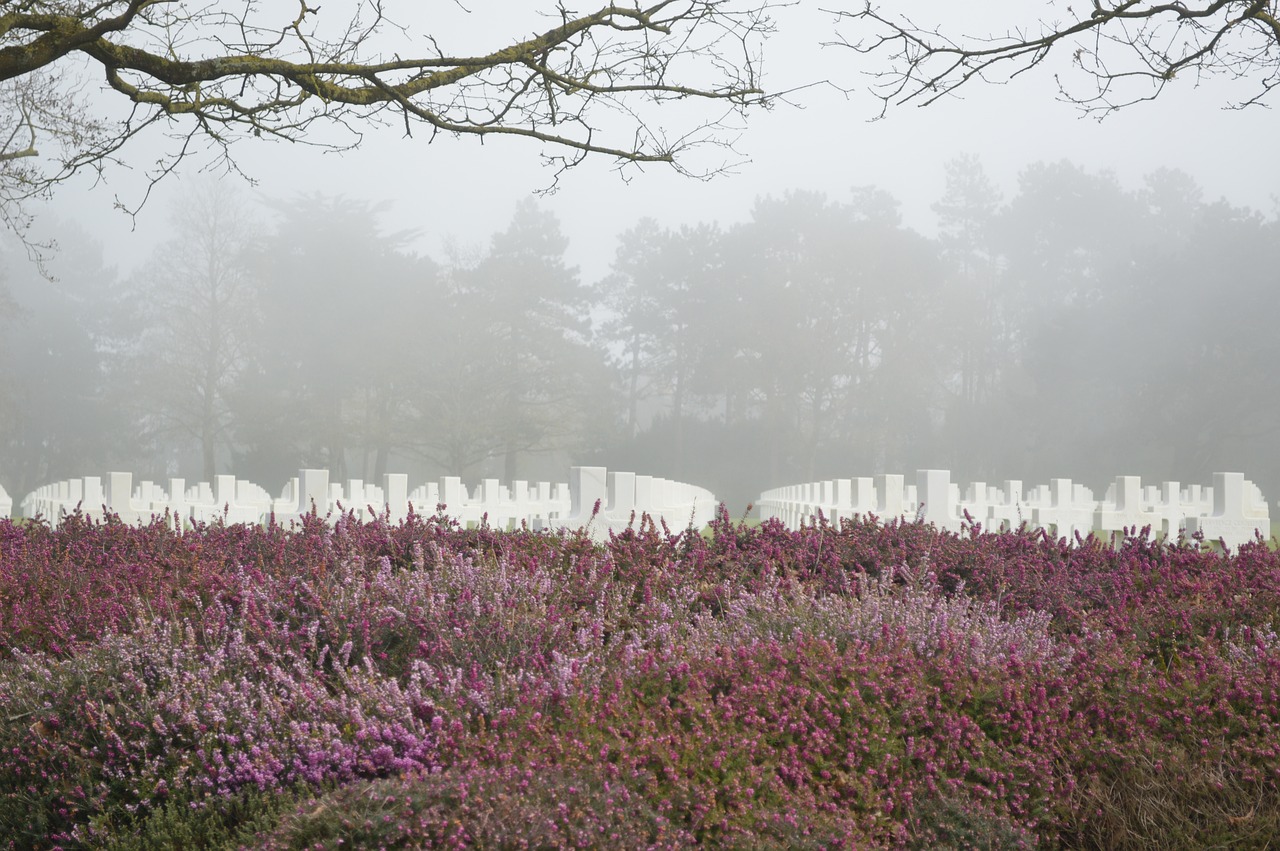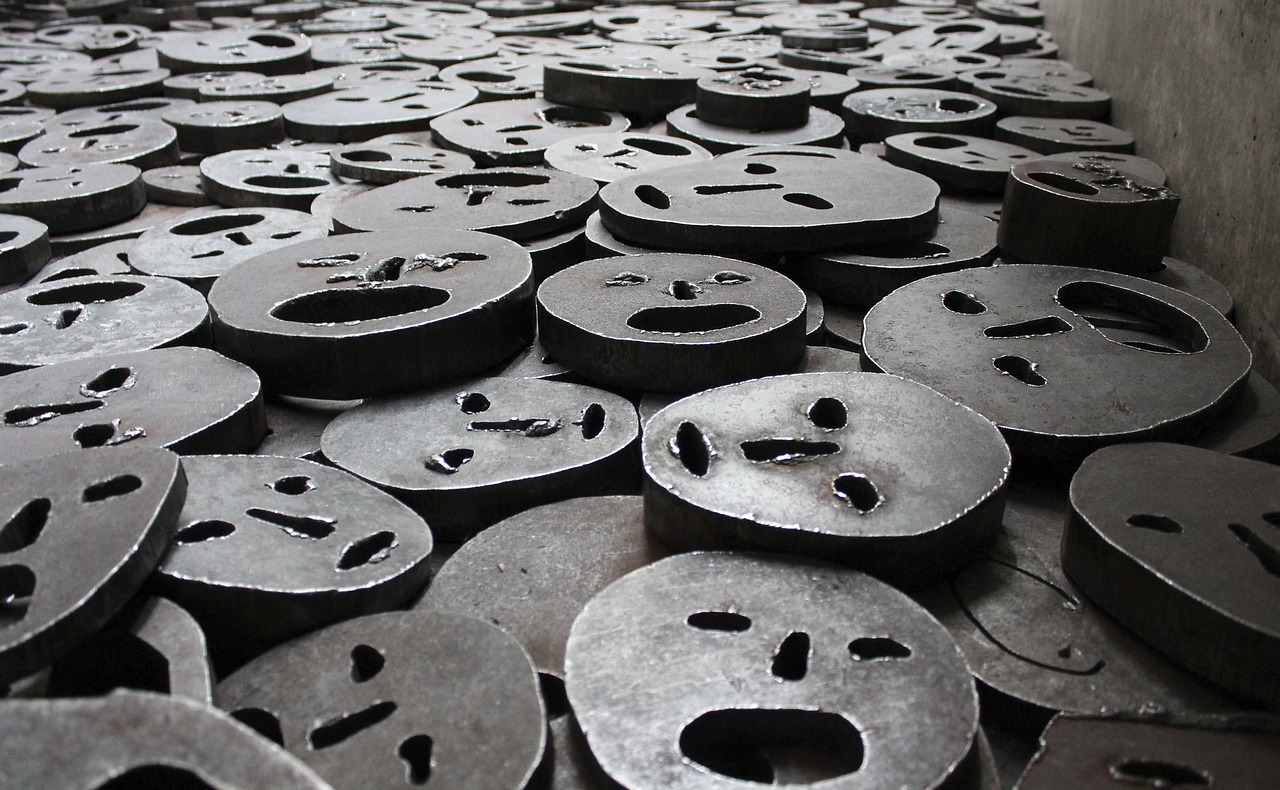
Once again, we find ourselves bearing witness to yet another war with a non-stop spectrum of horrific stories and images that make our souls shudder and our hearts break. It is easy to get drawn into a narrative of good guys versus bad guys. It is easy to find ourselves in a heated screaming fight over why one side or the other are the evil ones. But wars at ground level are not really about good versus evil; they are about survival. Regular people get swept up in evil and find themselves doing things that they never would have thought possible. War turns normal people into monsters.
Robert Sapolsky wrote: “We judge ourselves by our internal motives, but others by their external actions. … When Thems do something wrong, it’s because they’re simply rotten. When Us-es do it, it’s because of an extenuating circumstance”. Imagine the great harm you might inflict on another to protect a child you love. Because our motives are “pure” they mitigate our actions — allowing ourselves not to think of ourselves as monsters — even when we do objectively terrible things. We are all good at rationalizing our own behavior.
To overcome our natural instincts to avoid harming others through the violence of war, organizers of mass violence try to dehumanize the “thems” and make it easy to see “them” as something less than human. This circumvents our pesky instincts against harming others. And “we judge ourselves by our internal motives, but others by their external actions” is one of the easiest ways of getting there. The media is being flooded with horrible images of violence. Depending on where you are geo-politically, you are either getting that Israelis or the Palestinians are the good guys, or that the Ukrainians or the Russians are the true heroic freedom fighters. The remarkable thing is that this kind of propaganda works. “We” never do horrible things. Only monsters like “them” are capable of committing such atrocities. In war, we lose all empathy for the enemy’s side and we refuse to consider nuance. The world is much clearer if viewed through a binary “us versus them” filter.
So how do we change this so that we can see more holistically? As a writer, I always come back to storytelling — reading is the easiest way to achieve automaticity of empathy by immersing ourselves into the thoughts of the protagonist. Consider books about World War II. Thousands of books have been written about that war. Some are true historical accounts, and some are historical fiction. In many ways, historical fiction is better at focusing on the plight of individuals caught in the horror of war. These books allow us into the minds of these others. We get to understand their motivations and thus forgive them their many sins and the unconscionable acts they commit to further their goals. Stories allow us to move away from just judging an individual through their actions and help us develop empathy even for our enemies.
Consider three examples: The Book Thief, City of Thieves, and The Madonnas of Leningrad. In The Book Thief, the protagonist is a German orphan girl, trying to survive the atrocities around her while keeping her body, mind, and soul intact by learning to read, starting with the gravediggers’ manual for how to bury the dead. City of Thieves focuses on a young Russian soldier trying to secure a few eggs for his commanding officer’s daughter’s wedding cake during the middle of the Blockade of Leningrad. The Madonnas of Leningrad, also partly staged in Leningrad during the Blockade, depicts museum docents working to protect art treasures during the constant bombings, in the heart of winter, without food and surrounded by death and suffering on a grand terrible scale. Seeing the world through the eyes of another changes how we understand it and expands our capacity for empathy.
When reading news and social media posts, we have to be very deliberate. Of course, we have to avoid fake news — a hard task these days. But we also have to be careful not to lose our empathy. And that can be very hard. Scared mammals fueled by testosterone and squeezed into a small space choose violence over reason every time. But we shouldn’t give up on finding better resolutions to conflicts. Mass death can’t always be the right answer. Fiction has a way of making us see the truth more clearly and can help lift the fog of war.
I strongly recommend the three books listed above. The Book Thief has been made into a movie. But the actual book — and you do need a physical copy of this one; it’s important because of the way it’s illustrated — is orders of magnitude better.

